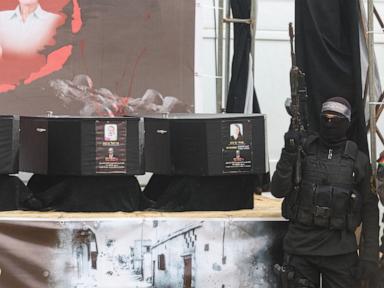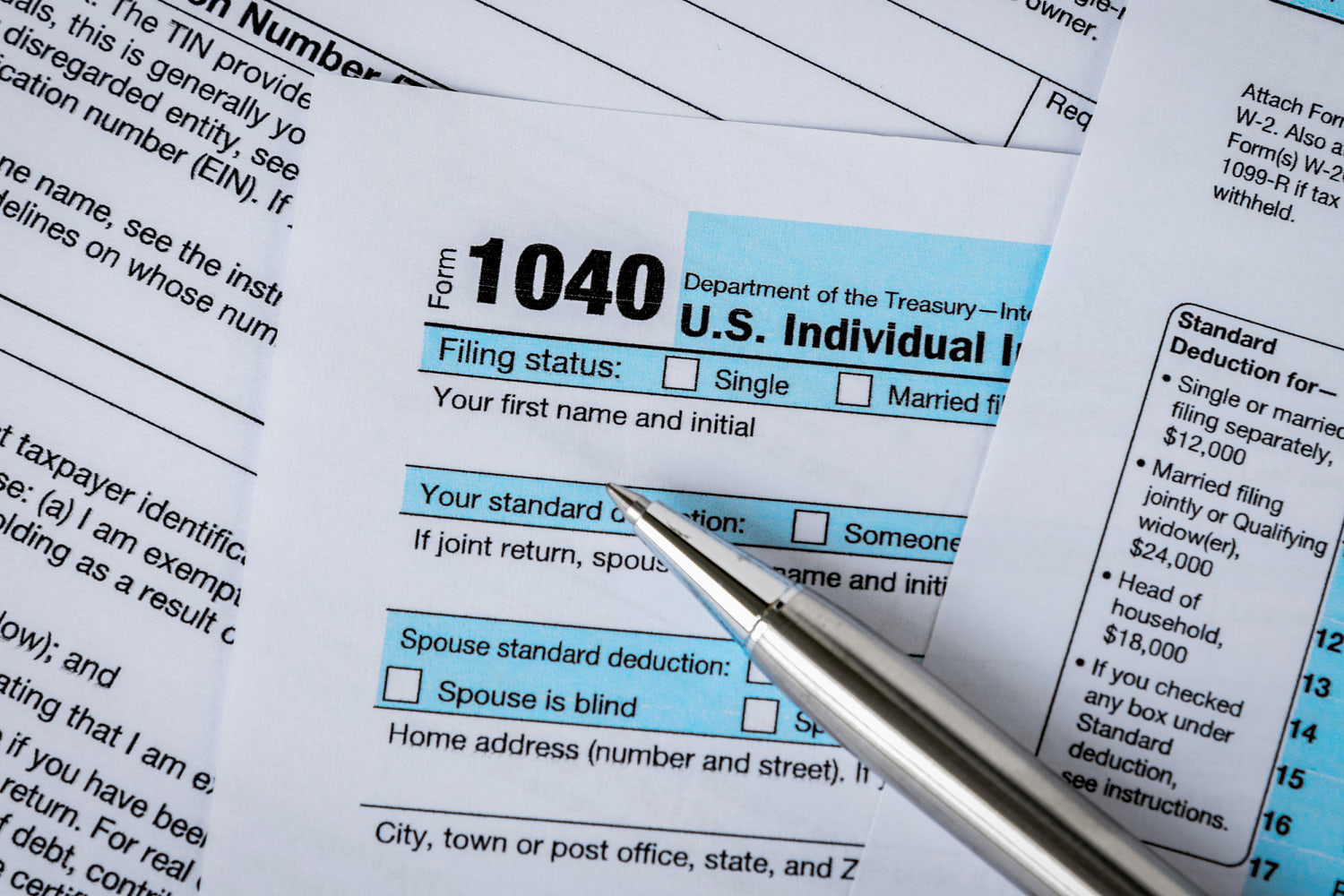What does Saudi Arabia need to make a deal with Israel?

Although the normalization of relations with Israel is a clear priority for the Trump administration, the calculus for Riyadh remains far more complex. Despite the promise of economic and security incentives, the reality is that Saudi Arabia may not see substantial gains from joining the Abraham Accords at this moment.
The kingdom already enjoys access to U.S. markets and can pursue its Vision 2030 economic diversification plan without formal diplomatic ties to Israel. More importantly, Iran’s current state of weakness raises the question of whether Saudi Arabia should make a major geopolitical shift without first ensuring a clear and consistent U.S. policy toward Tehran.
Finally, the potential backlash from the broader Arab and Muslim populations, given Saudi Arabia’s religious and cultural significance, presents a major risk unless a clear pathway to a Palestinian state is established. This seems to be the Saudi position persistently, at least in public.
The economic argument for normalization is less compelling than some may think. Advocates point to increased foreign direct investment and expanded trade partnerships as benefits of joining the accords. But Saudi Arabia is already well integrated into global markets, with its net foreign direct investment rising by 37 percent to more than $4 billion in 2024.
The kingdom’s economic transformation is largely self-sustaining. The Saudi Public Investment Fund has poured billions into American technology, entertainment and infrastructure, securing lucrative partnerships with Western firms. China, too, has invested heavily in Saudi Arabia, helping Riyadh advance its ambitious economic agenda. In a recent interview with Tucker Carlson, Prince Alwaleed bin Talal underscored that Saudi Arabia’s Vision 2030 does not require diplomatic normalization with Israel to succeed.
On the security front, some argue that normalizing ties with Israel would help solidify an anti-Iran alliance, enhancing intelligence-sharing and military coordination. But Iran is no longer the existential threat it once was. Crippled by sanctions, internal unrest and regional setbacks, Tehran is in no position to launch the kind of aggressive campaigns that once defined its foreign policy.
Moreover, Saudi Arabia remains wary of Washington’s shifting approach toward Iran. The Obama administration pursued diplomacy, leading to the 2015 nuclear deal. President Trump took a hard line, exiting the agreement and reinstating sanctions. The Biden administration signaled an openness to engagement, creating further uncertainty. With Trump back in office, he may attempt a separate deal with Iran, potentially undercutting Saudi interests. With no long-term U.S. strategy in place, Riyadh is right to hesitate before making irreversible commitments.
Beyond economics and security, Saudi Arabia’s unique religious and cultural position makes normalization a far riskier endeavor than it was for Bahrain or the United Arab Emirates.
As the custodian of Islam’s two holiest sites, Mecca and Medina, Saudi Arabia is deeply tied to the broader Arab and Muslim world. While the United Arab Emirates and other countries have been able to absorb public dissatisfaction due to their more business-oriented approach, Saudi Arabia’s identity and influence rest on its role as the heart of the Muslim world. Palestine remains a highly emotional and political issue in the region, and normalization without a clear pathway to a Palestinian state could provoke widespread anger.
The 2020 Abraham Accords, while accepted by the UAE and Bahrain, were met with discontent across the region. In Saudi Arabia, where the population is more religiously and politically engaged, normalization without securing Palestinian rights could undermine domestic stability and Saudi Arabia’s leadership role in the Muslim world.
Religious tourism is another factor. Unlike the UAE, which primarily attracts business travelers and social media influencers, Saudi Arabia welcomes millions of Muslim pilgrims for Hajj and Umrah each year. Many of these visitors hail from countries where public opinion is overwhelmingly pro-Palestinian. Normalization with Israel, absent significant progress on Palestinian statehood, could diminish Saudi Arabia’s religious legitimacy and lead to economic consequences, including boycotts and reduced pilgrimage participation.
Trump’s unprecedented proposal to take over and redevelop Gaza adds yet another layer of uncertainty to Saudi Arabia’s calculus. While Riyadh has historically aligned with U.S. interests, it has also positioned itself as a guardian of Palestinian rights, making any endorsement of a plan that involves mass displacement of Palestinians politically untenable. The kingdom’s swift rejection of Trump’s idea shows its unwillingness to compromise on what it views as an existential Arab and Islamic issue.
If anything, this moment has reinforced Saudi Arabia’s strategic patience: leveraging its economic and geopolitical weight to demand stronger commitments from Washington while maintaining its firm stance on Palestinian statehood. With the region on edge, and Arab allies pushing back against forced resettlement, Saudi Arabia has an opportunity to reassert its leadership by advocating for a sustainable and regionally accepted resolution, rather than one dictated by external powers with shifting agendas.
By delaying normalization, Riyadh retains leverage. Unlike the UAE, which moved quickly to embrace the accords, Saudi Arabia can afford to hold out for greater concessions, whether in the form of security guarantees, advanced weapons deals or concrete political assurances regarding Palestine.
If Saudi Arabia were to join the Abraham Accords under a Trump administration, it could face risks should a Democratic president take office in 2028, potentially undoing agreements seen as Trump-era initiatives. Instead, the kingdom can wait for broader U.S. political consensus before committing to such a significant shift in foreign policy.
Saudi Arabia is playing the long game. While normalization with Israel remains a possibility, it will not be rushed into an agreement that fails to serve its strategic interests. The Trump administration — or any future White House — should not expect an easy ride. If Washington wants Riyadh to sign on, it must be prepared to offer more. Just as the U.S. prioritizes an “America First” approach, Saudi Arabia is firmly committed to a “Saudi First strategy.
Faisal Saeed Al Mutar is founder and president of Ideas Beyond Borders. Follow him @faisalalmutar.
Topics
-

Thanks to Trump, Saudi Arabia Gets a Big Week in Diplomacy
Riyadh is hosting U.S., Russian and Arab officials for high-stakes talks on Ukraine and Gaza, more proof of its regional clout and warm relations with President Trump.The New York Times - 23h -

Mohammed bin Salman wants an alternative to Trump’s Gaza plan – but one that most benefits Saudi Arabia | Madawi al-Rasheed
The crown prince sees Hamas as a regional threat, and may propose a deal that risks sidelining Palestinians. Saudi Arabia has suddenly experienced a diplomatic awakening after lukewarm engagement ...The Guardian - 1h -

What is nerve flossing and does it help with nerve pain?
It can help relieve pain and tension, especially for patients recovering from injury or nerve compression conditions. As a fairly diligent stretcher who tries to get at least five minutes of ...The Guardian - 16h -

What to Know About the Saudi Crown Prince’s Role in Global Diplomacy
The kingdom’s de facto leader, Crown Prince Mohammed bin Salman, was once shunned in diplomatic circles. Now he is playing an important role in negotiations over Gaza and Ukraine.The New York Times - 18h -

IDF says 1 of 4 bodies returned to Israel from Hamas does not belong to a hostage
The IDF said the bodies of Shiri Bibas' two children were identified, but the mother was not.ABC News - 9h -

Why Traditional Annual Planning Doesn’t Work, and What Does
The first 90 days are crucial to regroup and get the annual plan off the ground.Inc. - 21h -

What does DOGE's IRS shake-up mean for tax season?
DOGE wants access to filers’ data, and the commerce secretary says Trump wants to scrap the IRS. But filing a return remains mandatory — the earlier the better, tax advisers say.NBC News - 12h -
Texas measles cases are up, and New Mexico now has an outbreak. Here's what you need to know
The measles outbreak in rural West Texas has grown to 58 cases as of TuesdayABC News - 2d -

NBA Defensive Player of the Year odds: What does Victor Wembanyama's injury mean to the award race?
The Defensive Player of the Year race just changed drastically with Wembanyama now out for the seasonCBS Sports - 11h -
Bodies of youngest Hamas hostages returned to Israel — but their mother wasn't, Israel says
Yahoo News - 7h
More from The Hill
-

Live updates: Musk takes the stage at CPAC; Senate vote-a-rama stretches into the night
Tech billionaire Elon Musk took the stage at this year's Conservative Political Action Conference (CPAC) with a late-scheduled appearance that saw him wield a chainsaw and discuss a range of ...The Hill - 5h -

China supports 'recent consensus' between US and Russia on Ukraine war, foreign minister says
China supports “the recent consensus” between the U.S. and Russia on the war in Ukraine, said Wang Yi, the country’s foreign minister, amid ongoing discussions about bringing an end to the nearly ...The Hill - 6h -

Former 'Squad' members launching 'Bowman and Bush' YouTube show
Former Reps. Cori Bush (D-Mo.) and Jamaal Bowman (D-N.Y.) are launching a YouTube show, according to a Thursday post from Bush on her Instagram. “I’m beyond excited to announce the launch of our ...The Hill - 7h -

Trump vows to add Black icons to proposed National Garden of American Heroes
President Trump shared plans to feature more than 10 Black historical figures in his proposed National Garden of American Heroes during a Thursday White House reception for Black History Month. ...The Hill - 8h -

Trump vents frustration with Boeing over Air Force One delays
President Trump is airing grievances with Boeing over delays in delivering new Air Force One jets, telling Republican governors on Thursday he was “getting a little tired” of the hold up. “I bought ...The Hill - 8h
More in Politics
-

Live updates: Musk takes the stage at CPAC; Senate vote-a-rama stretches into the night
Tech billionaire Elon Musk took the stage at this year's Conservative Political Action Conference (CPAC) with a late-scheduled appearance that saw him wield a chainsaw and discuss a range of ...The Hill - 5h -
Georgia Republican faces crowd angered by DOGE layoffs
Rep. Rich McCormick faced a crowd at a town hall in Roswell, Georgia, that expressed anger about the layoffs and cuts implemented by Elon Musk's DOGE team.NBC News - 5h -

China supports 'recent consensus' between US and Russia on Ukraine war, foreign minister says
China supports “the recent consensus” between the U.S. and Russia on the war in Ukraine, said Wang Yi, the country’s foreign minister, amid ongoing discussions about bringing an end to the nearly ...The Hill - 6h -
Senate adopts fallback budget in case Trump’s ‘big, beautiful bill’ falters
Now the onus is on House Republicans to build enough support to advance their own party-line plan, or face pressure to back the Senate’s slimmer vision.Politico - 6h -

Fired Army veteran speaks out about federal layoffs
Army Veteran Nelson Feliz, Sr., who spent more than a decade working for the Department of Veterans Affairs, is speaking out about his experience as one of the many federal workers who was let go ...NBC News - 6h
